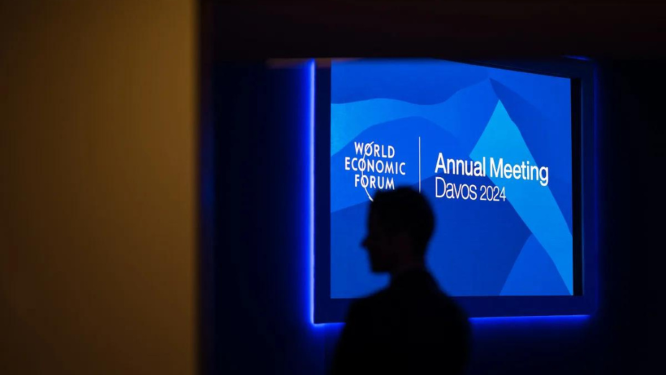At the recent World Economic Forum in Davos, leaders from businesses worldwide gathered to talk about the growing use of scenario planning as a tool to protect supply chains and deal with potential impacts from unexpected geopolitical crises. For the Maldives, an island nation highly dependent on global trends, especially in tourism and fisheries, this approach holds significant implications.
CEOs and executives, while optimistic about the U.S. economy in 2024, expressed concerns about China and Europe. This presents a challenge for the Maldives, given its economic ties with these regions. Any shifts in these major economies could directly affect the Maldives, impacting tourism and trade.
Against the backdrop of conflicts in the Middle East and Ukraine and upcoming elections in various countries, the situation becomes more complex. Despite its geographical distance, the Maldives is not immune to the indirect impacts of these conflicts, such as market price fluctuations affecting imports and supply chain stability.
David Garfield’s emphasis on scenario planning aligns with the needs of Maldivian businesses. After the pandemic tested supply chain resilience, the focus is now on future-proofing against global disruptions, including planning for potential shortages of critical raw materials, relevant to the Maldives’ construction projects.
Learning from global companies diversifying supply chains in response to uncertainties can benefit the Maldives. Japanese companies, as mentioned by Takeshi Niinami, CEO of Suntory, are considering reducing over-reliance on certain sources – a strategy that Maldivian businesses could adopt.
Concerns about supply chain disruptions leading to inflation are important for the Maldives, heavily reliant on imports. The International Monetary Fund forecasts moderate global growth and high interest rates, requiring Maldivian financial planners and businesses to prepare.
Domestically, the Maldives can learn from leaders adopting a cautious yet optimistic approach. Emphasizing sustainable growth, as highlighted by Bank of America’s CFO Alastair Borthwick, and anticipating a possible economic turnaround, as mentioned by Jesper Brodin, CEO of IKEA-owner Ingka Group, could guide Maldivian businesses and policymakers.
The varied economic mood at Davos, with Europe facing growth challenges, suggests a need for the Maldives to diversify economic engagements and reduce reliance on specific markets. Siemens’ observation of market slowdowns in the Eurozone provides strategic insight for the Maldives, heavily dependent on European tourists.
The discussions at the World Economic Forum offer valuable lessons for the Maldives. As it navigates economic uncertainties, adopting scenario planning, diversifying supply chains, and preparing for potential global economic shifts will be crucial for maintaining resilience and growth.

